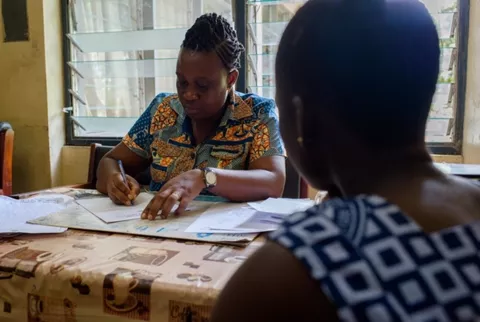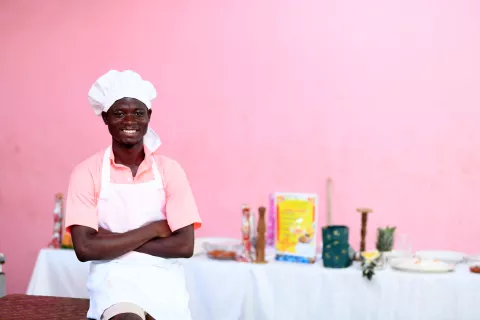National Standards for Foster Care in Ghana
A guide on protection and support for children in foster care

Highlights
There is widespread global agreement that children should grow up safe and protected in families rather than in harmful institutional care. In Ghana, the government has developed an ambitious programme of care reform and family strengthening that has seen many children reunited with families and communities since 2007. This programme is rooted in Ghanaian cultural values, which place a strong emphasis on family care. Interventions have included legislative reform, strengthening the social welfare workforce and developing alternative family-based care option for children in need of alternative care. One of them is foster care.
After the Amendment of the Children’s Act, and the passage of the Foster Care Regulations in 2018, the Ministry of Gender, Children and Social Protection together with the decentralized structures have embarked on the implementation of the program by recruiting, training and licensing foster parents across the country. Now that children have been placed with those foster parents, it is imperative that social welfare officers closely monitor the well-being of these children and provide continuous support to the foster parents. These Standards are intended to guide social workers and other service providers in monitoring foster care services. The primary aim of these Standards is to ensure that the best interests of the child are sought when a child is placed in foster care.





